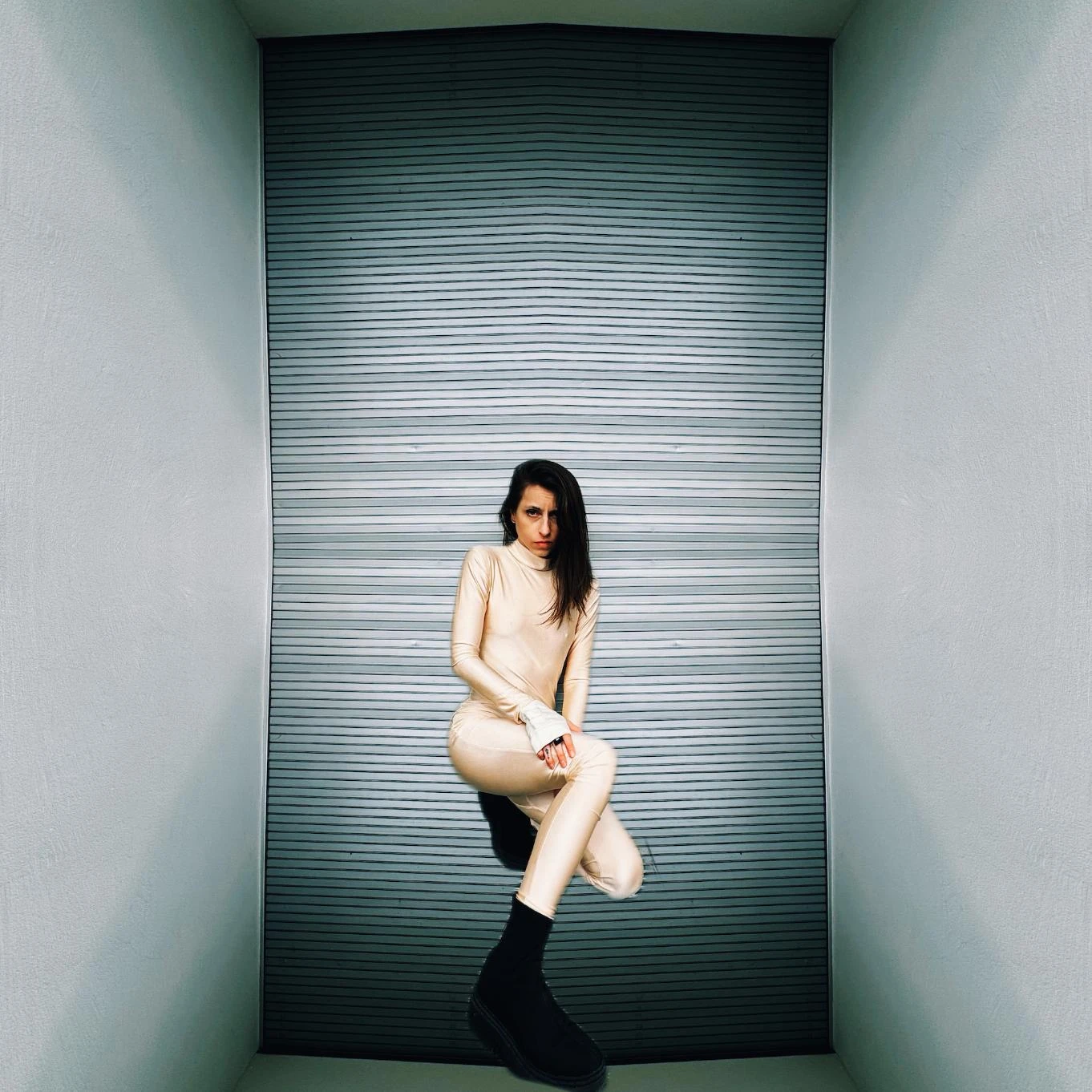
- Date
- 29 OCTOBER 2024
- Author
- AMÆMI
- Image by
- NOéMI BüCHI
- Categories
- Podcast
The Future of Sound: AMÆMI and Noémi Büchi on Art, Identity, and Innovation
In the latest episode of Don’t Trust People in the Cyber World, AMÆMI, the music editor of Red Eye Magazine, hosts an insightful conversation with Swiss-French Composer and Sound Artist Noémi Büchi. Renowned for her innovative blending of electroacoustic rhythms and orchestral abstraction, Buchi’s work spans multiple disciplines, including live performances, audiovisual shows, music for film, contemporary dance, theater, and installations. Her music is marked by a delicate synthesis of textural rhythms and a playful approach to disruption, creating expansive soundscapes that challenge conventional genre boundaries.
Büchi, who holds a Master’s degree in electroacoustic composition from the Zürich University of the Arts (ZHdK) and a Bachelor's degree in musicology and German literature/linguistics from the University of Zürich, uses her rich academic background to craft compositions that push the limits of genre and tradition. At the beginning of the episode, AMÆMI asks Büchi a series of deep and philosophical questions about the relationship between art, society, and identity, giving listeners a glimpse into her unique artistic mindset.
When asked how identity shapes music genres, Noémi reflects on how artists are inherently influenced by their cultural and societal contexts. She likens culture to a protective shell, explaining that it both limits and enriches artistic expression. Also, for Büchi blending various cultural elements and fusing the past with the present offers artists the opportunity to create "escaping forms" that break free from societal norms. She believes in the power of variation, rather than chasing something entirely "new," emphasizing that art is often a re-interpretation of the past.
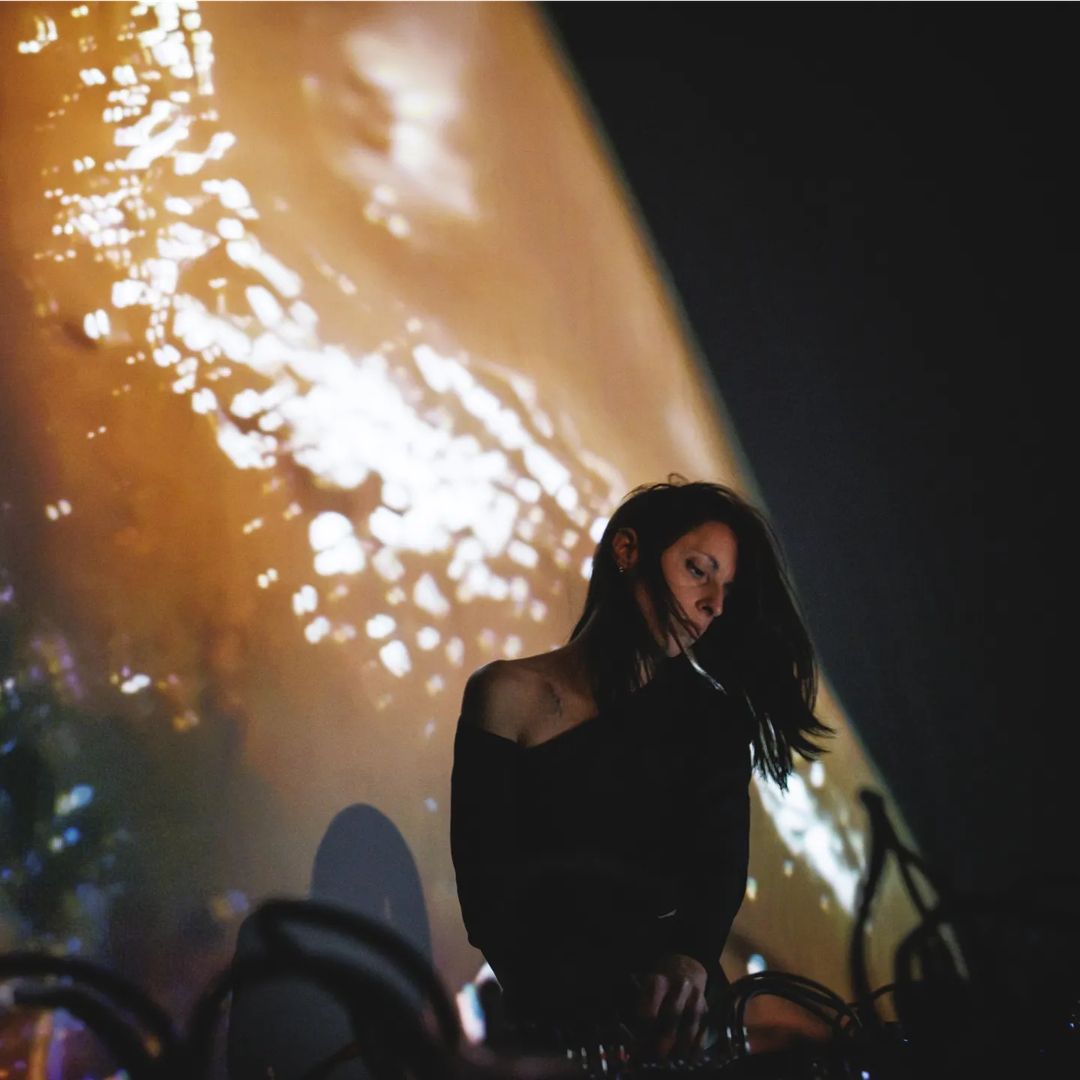
On the topic of innovation in art, Noémi challenges the concept of originality, asserting that everything in art is a variation of what has come before. She likens this principle to nature, where infinite variations emerge from a shared foundation. This belief in endless possibilities fuels her creative process, allowing her to explore new musical structures by combining familiar elements in unexpected ways.
AMÆMI also asked her about beauty, so Noémi offers a thought-provoking perspective, stating that it’s not universal but deeply subjective. She argues that beauty is shaped by societal and cultural standards, but true beauty in art lies in its ability to touch people on a deep, emotional level. Rather than adhering to a fixed definition, Büchi believes that beauty in art is fluid, varying from person to person and culture to culture.
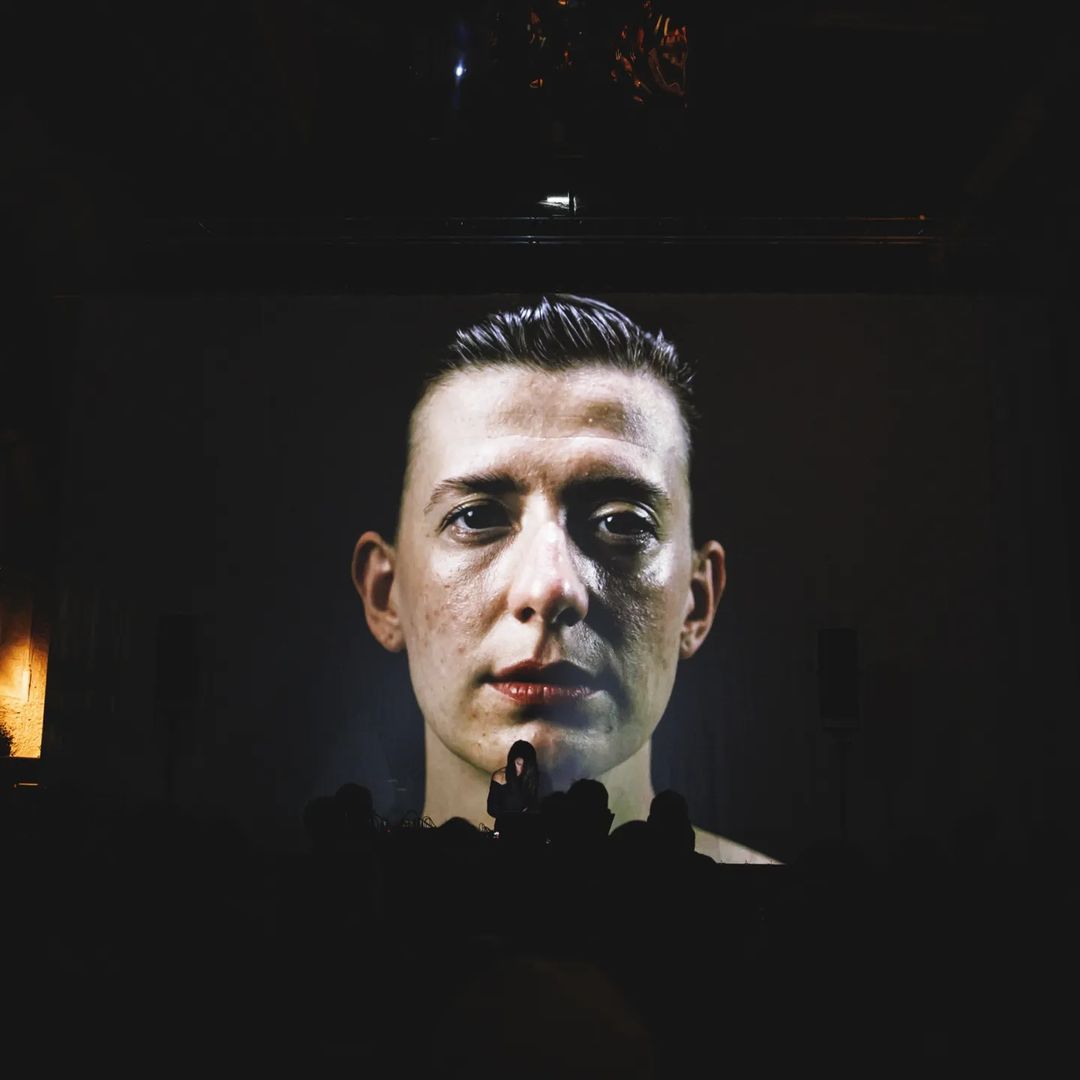
Büchi also explores the relationship between music, art, and society, describing them as interdependent. She argues that art both reflects and shapes societal values, acting as a mirror to the world while simultaneously influencing it. Music, in particular, is a form of expression that responds to the cultural and political environment in which it exists, making it a powerful tool for both reflecting and challenging the status quo.
As the conversation shifts to the role of technology in art, Noémi offers a nuanced view, seeing technology as a tool rather than a threat to artistic authenticity. In an era of AI-generated music and digital tools, she believes that authenticity comes from the artist’s ability to follow their intuition and maintain a strong creative vision, regardless of the medium. Technology, she argues, is merely an extension of the artist’s expressive capabilities, enhancing the possibilities for artistic exploration without compromising authenticity.
AMÆMI also questions Büchi about the responsibility of artists in today’s world, particularly in the face of societal challenges and the pressures of social media. Büchi expresses concern about how the pursuit of popularity, especially in the age of social media, can compromise artistic integrity. She laments that many artists feel forced to cater to public tastes in order to gain approval, becoming "slaves to popularity." For her, an artist’s responsibility is not to the audience, but to their own creative vision, even if it means going against the grain.
Finally, Noémi gave her opinion about the future of art in a post-humanist world, where technological advancements and global crises are reshaping humanity’s sense of self. Büchi is confident that art will continue to evolve alongside these changes, as it is an essential part of human expression and understanding. She believes that no matter how much society transforms, art will remain a core part of how we process and interpret the world around us.
This episode of Don’t Trust People in the Cyber World offers an in-depth exploration of Noémi Büchi’s artistic philosophy and her views on the intersections of identity, innovation, and technology. Through her thoughtful responses, Büchi invites listeners to reconsider how art functions in an increasingly digital, interconnected world and offers a vision of artistic expression that is rooted in personal intuition and a deep connection to cultural history.
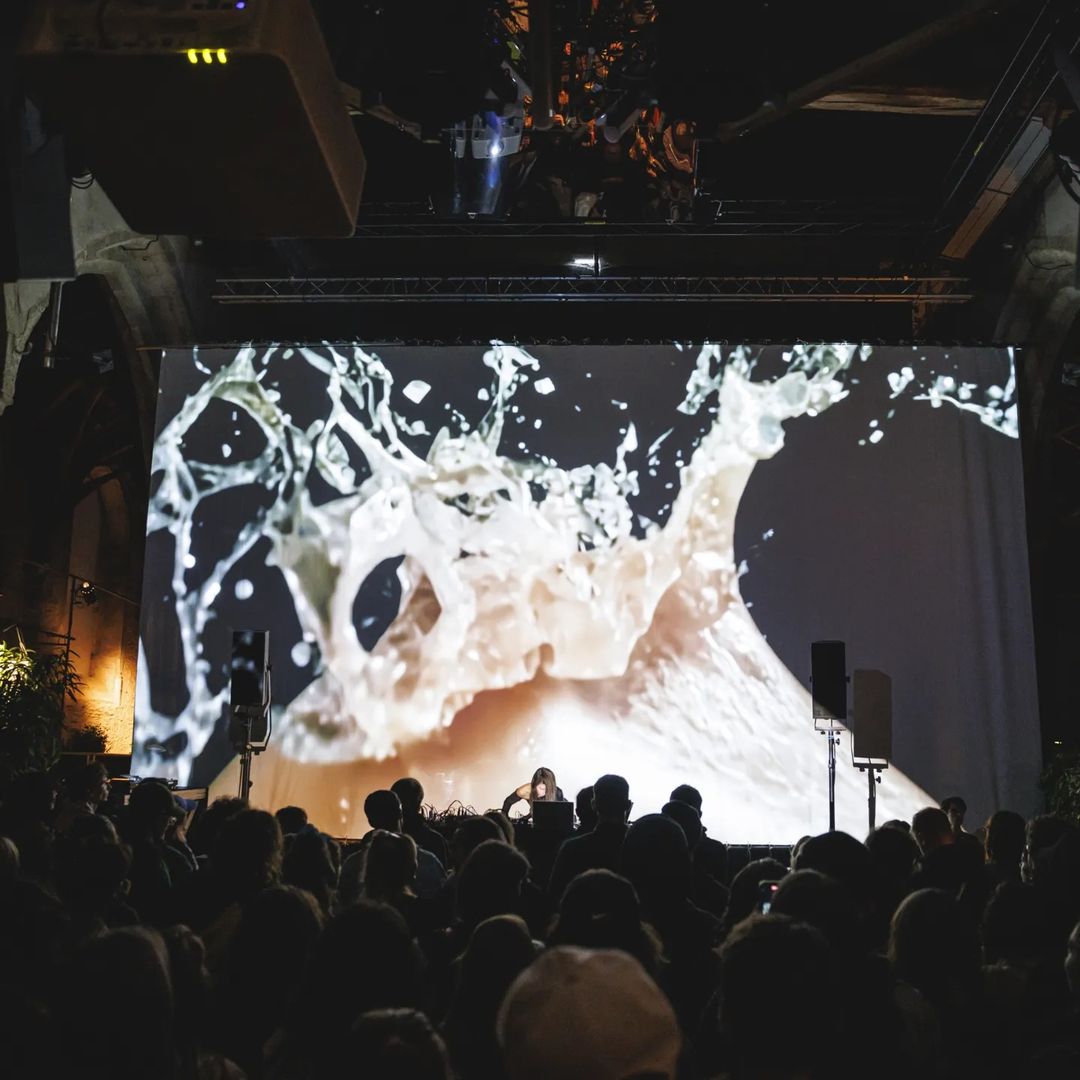
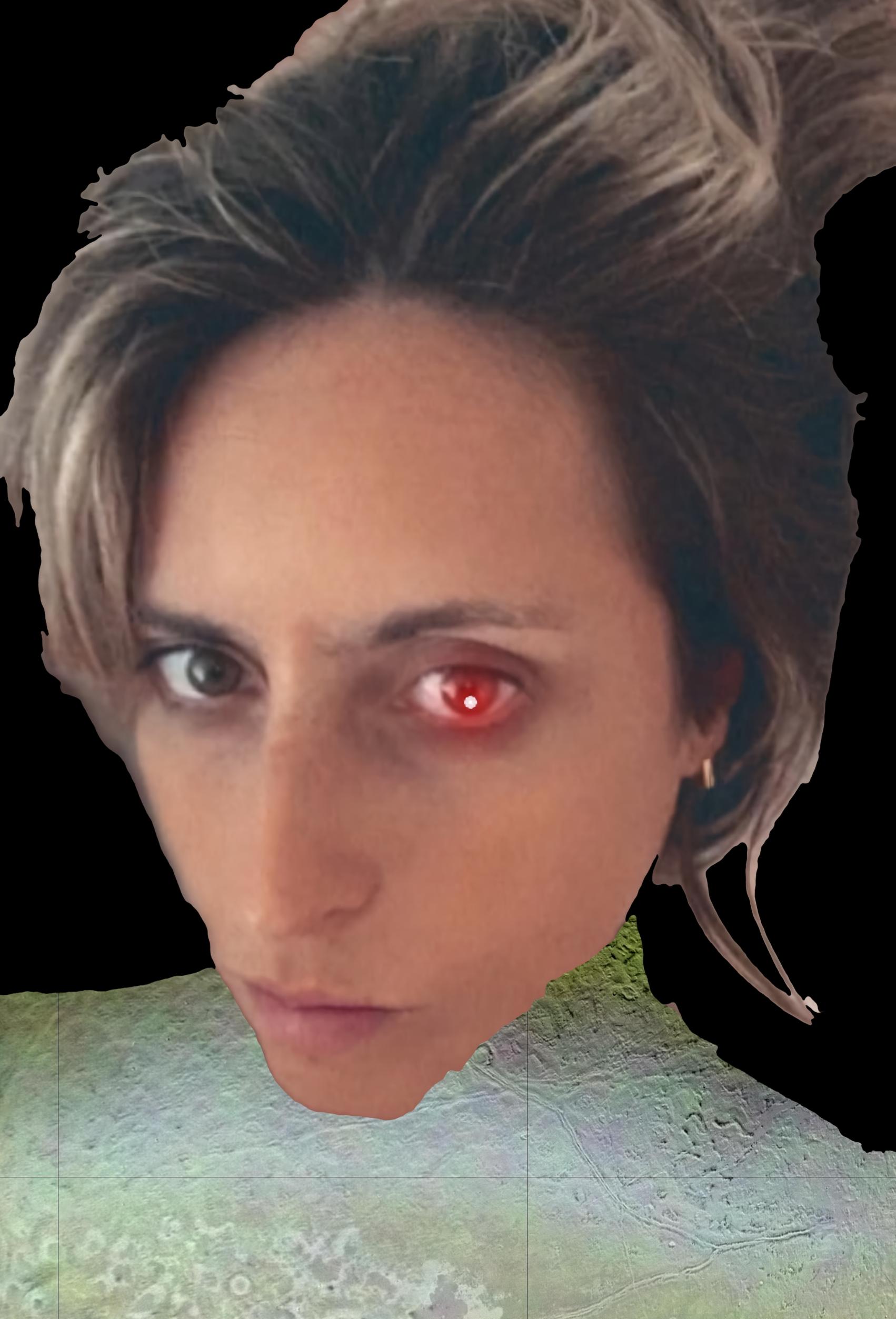
Listen to the episode on Soundcloud
@amaemi00101 in conversation with @noemibuchi
Podcast mixed by @amaemi00101
Editorial Director @danieleverse
Live streamed on fritto.fm